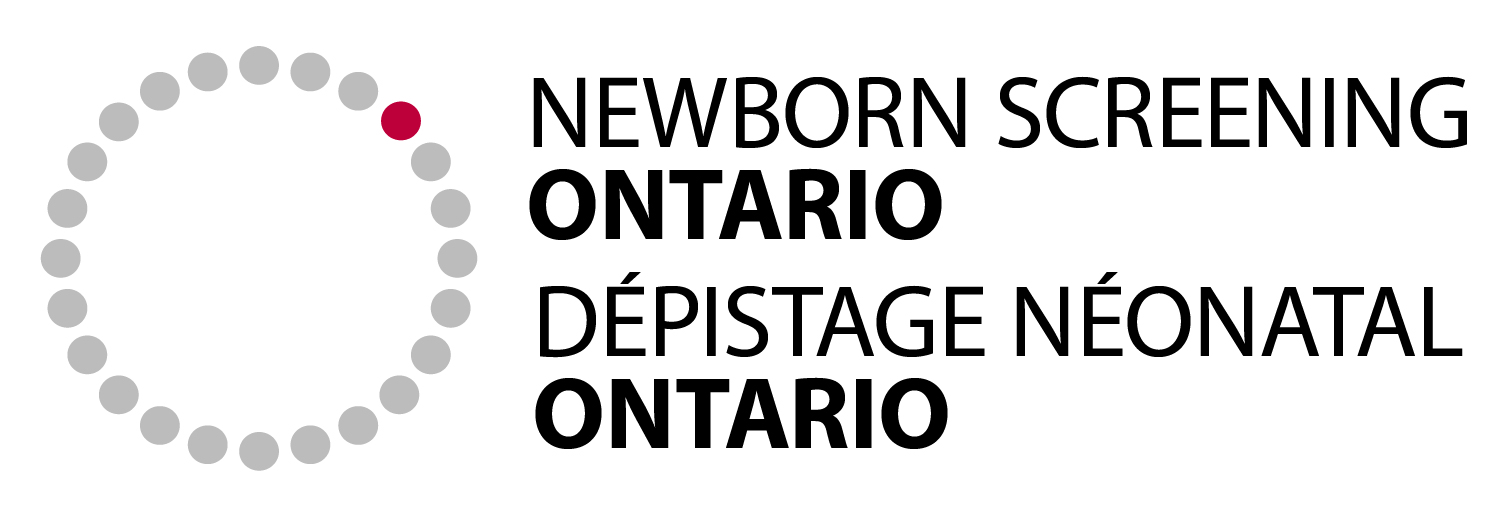Compare your baby’s stool (poop) to the pictures on the screening card you received. If the closest match is 1,2,3,4,5 or 6, please contact Newborn Screening Ontario using one of the several methods listed on the card so we can guide you through the next steps in the screening process.
Biliary Atresia Screening FAQ
Here are some frequently asked questions about biliary atresia screening. Click here to download a PDF copy of these FAQs.
How do I screen my baby for biliary atresia?
Why are we screening for biliary atresia?
Screening can help identify potential problems earlier. This can help with getting a diagnosis and treatment started earlier as well. Without biliary atresia screening in Ontario, we know that most babies with biliary atresia are currently not being diagnosed early enough to give them the best possible outcomes from their treatment.
Are poop and stool the same thing?
Yes, they are.
What do I do if I see pale stool?
Compare the colour of your baby’s stool to the colours on the card. If your baby’s stool colour is abnormal, contact Newborn Screening Ontario using one of the listed methods on the card (telephone number, email, website, QR code) to determine next steps.
- Phone: 1-833-POOP-CHK (1-833-766-7245)
- Email: nsoba@cheo.on.ca
- Webform: Click here to access the biliary atresia screening contact form
How long do I screen my baby's stool for?
You should screen your baby's stool for 1 month, or 4 weeks, after birth.
My baby was born early. Does this change anything for screening?
Babies born early, or premature, may have an increased chance of having biliary atresia and may present later than babies born at term. It is recommended that screening continues for four weeks past the baby’s due date.
For example, if your baby was born at 36 weeks gestation you will be screening for 8 weeks total (1 month + 4 weeks).
If your baby was born after 37 weeks of gestational age, no adjustment to the screening period is necessary. Screen for the first month of life.
Why is the stool paler than normal?
Bile that is made in the liver flows into the intestine and makes stool darker. When the bile cannot get into the intestine, the stool appears lighter in colour.
If my baby has pale stool, does that mean my baby has biliary atresia?
Stool screening with the infant stool colour card is not a diagnostic test, and only tells us which babies have pale stools and might be at an increased risk for biliary atresia. It does not diagnose why the stool is pale. To make a diagnosis, other tests such as blood tests and imaging of the liver are needed.
What if I want to see my doctor instead?
This is also fine, but please take the screening card with you. Calling Newborn Screening Ontario is the best way to get the next steps in assessment started quickly.
Can I get another biliary atresia screening card?
Of course! You can reach out to your birth hospital or midwifery practice for another card.
What if I am not sure about the stool colour?
Please contact Newborn Screening Ontario for assistance with this. We can help you with this evaluation. It is also a good idea to take a photograph of the stool so it can be shared with our biliary atresia screening staff.
What if I notice pale stool on a weekend or holiday?
We suggest you contact Newborn Screening Ontario when you notice the pale stool. We will respond to your concern by the next business day to discuss your concern and begin next steps if necessary.
What if I have other concerns about my baby?
If you have concerns with your baby other than stool colour, please see your regular health care provider.
Contact Us
Children’s Hospital of Eastern Ontario
415 Smyth Road
Ottawa, Ontario K1H 8M8
Toll-Free: 1-877-627-8330
Local: (613) 738-3222
Fax: (613) 738-0853
